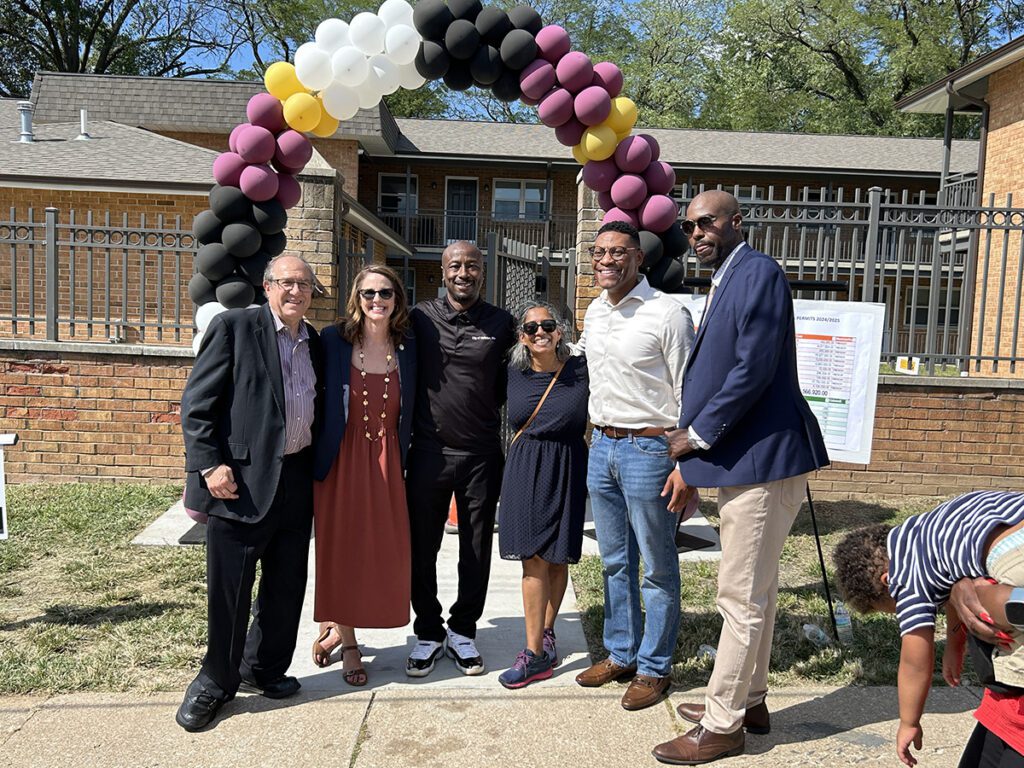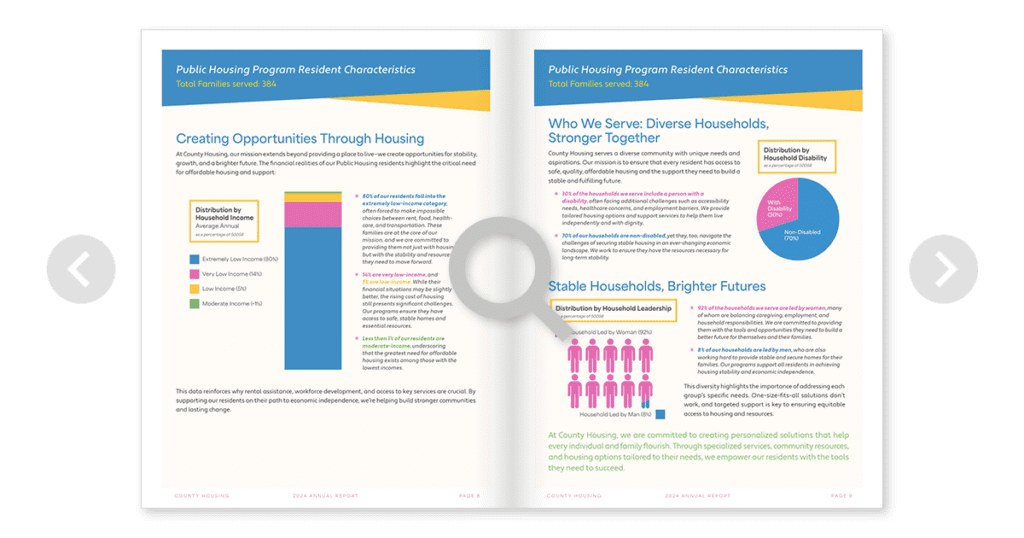Families in Wellston are moving into newly renovated, modern homes as County Housing and its partners celebrate the grand opening of Wellington Family Homes. The ribbon-cutting event, held on Saturday, October 4, marked a major milestone in the effort to provide safe, affordable housing and revitalize the community.
The celebration featured remarks from local leaders, including the Mayor, followed by a ribbon-cutting ceremony and guided tours of the new family homes.
“Wellington Family Homes represents more than just new housing; it represents stability, opportunity, and hope for families in our community. We are proud to partner with many dedicated organizations to bring this vision to life.”
– Shannon Koenig, Executive Director and Chief Executive Officer of County Housing
The transformation of Wellington Family Homes was made possible through collaboration with Knight Development, BGC Advantage, Wellston Community Empowerment Corporation, and the City of Wellston. Appreciation is also extended to the tenants of Wellington Family Homes, whose patience, input, and partnership throughout the redevelopment process were essential to the project’s success. Their collaboration helped ensure the new homes reflect the needs and priorities of the families who live there.
In addition, the efforts of Legal Services of Eastern Missouri were instrumental in supporting and advocating for residents during the transition process.
The development includes 186 newly renovated units featuring new roofs, updated flooring, modern lighting, fresh paint, and energy-efficient appliances and systems. These improvements provide residents with safe, comfortable, and sustainable homes designed to support long-term family stability.
As part of the celebration, community organizations hosted resource tables for residents, and guests enjoyed light refreshments provided by Knight Development.





